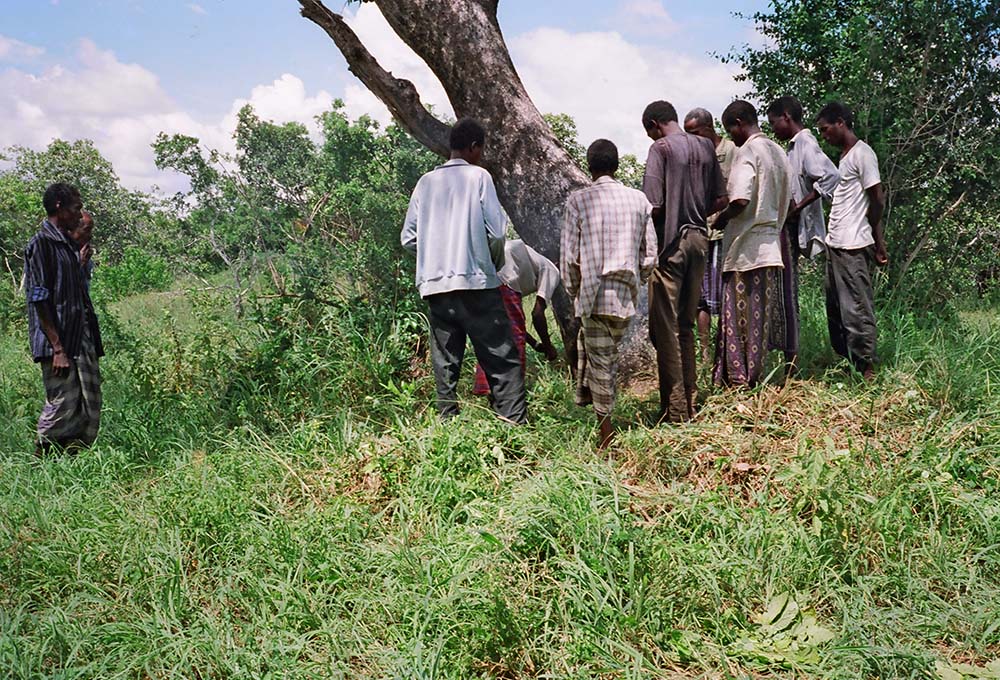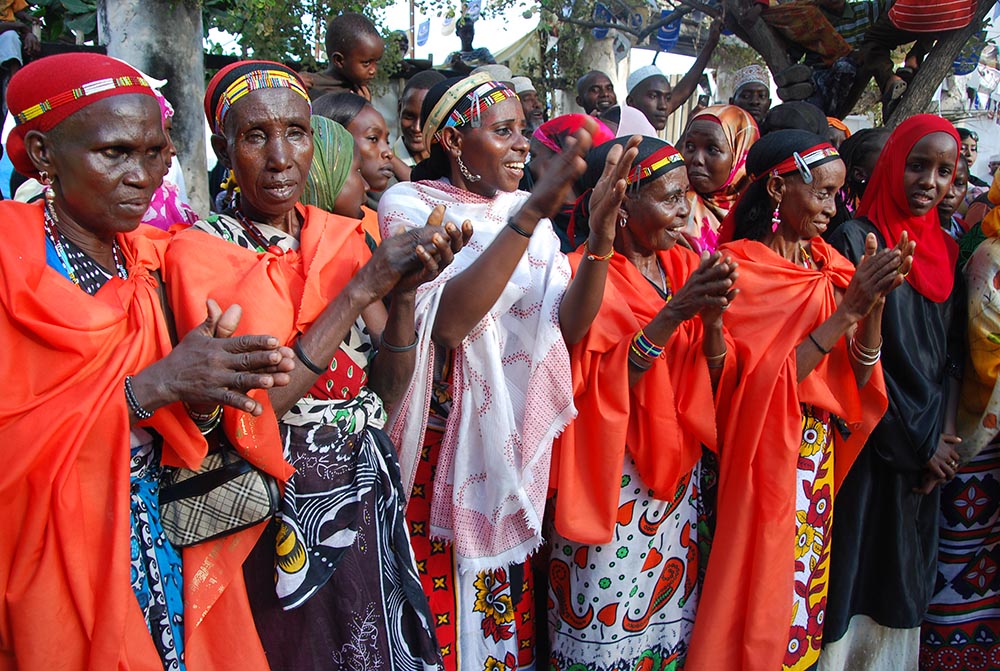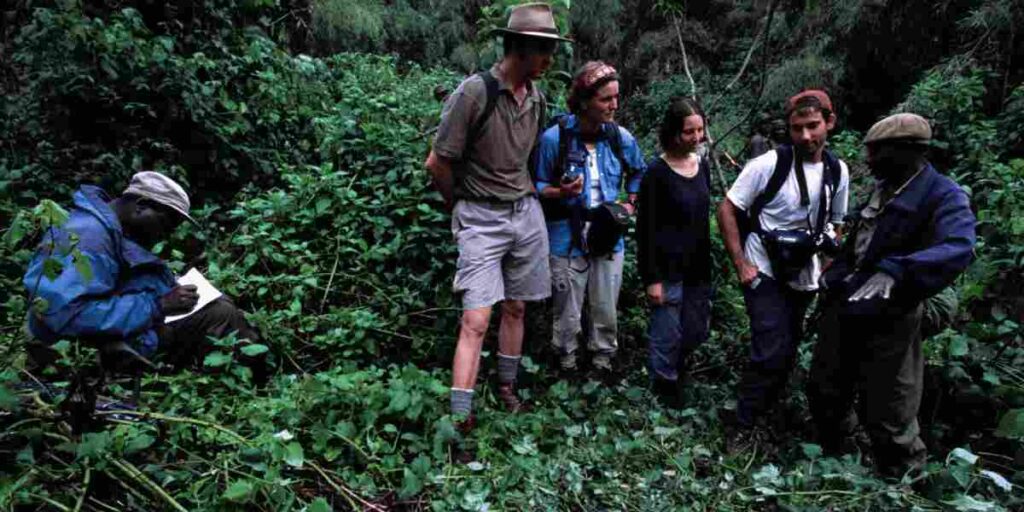The Awer people live in the Boni Forest in Kenya’s coastal region. They are traditionally nomadic hunter-gatherers who have managed to preserve their culture despite external pressures. If you want an authentic cultural experience that respects nature and community, the Awer offers a rare opportunity.
This blog shows you what to expect from a cultural visit, how to prepare, and why it matters.
Also Read:Come With Me As We Explore Kenyan Cultural Experiences
Who Are the Awer?
The Awer are a Cushitic ethnic group. They are closely related to the Somali and Borana peoples but have maintained a distinct way of life. Their name means “the people of the forest.”
They mainly live in Lamu and Garissa counties. Their population is small, with estimates ranging from 10,000 to 15,000.

The Boni Forest: A Protected Refuge
The Boni Forest is a tropical forest located in northeastern Kenya, near the Somali border. It is one of the last remnants of the East African coastal forest.
This dense, remote forest is home to endangered species like the African wild dog and the Hirola antelope. It’s also where the Awer have lived for generations.
In 2005, the forest was declared a national reserve. While this protects the environment, it also affects the Awer’s traditional lifestyle. Access to hunting and gathering areas is now limited, and development pressures are increasing.
What Makes the Awer Cultural Experience Unique?
- Traditional Forest Living
You’ll see how the Awer use the forest for food, medicine, and shelter. They rely on deep knowledge passed down through generations. - Oral History and Storytelling
The Awer have no written language. All history, values, and beliefs are passed orally. Listening to an elder tell stories is both educational and powerful. - Spiritual Practices
Nature and spirituality are deeply linked. The Awer believe in spirits of the forest and perform rituals to honor them. - Hunting and Gathering Skills
You’ll learn how they track animals, identify edible plants, and harvest honey using traditional methods. - Craftsmanship
The Awer make tools, baskets, and household items from forest materials. Their skills are efficient and sustainable.
What You Will See and Do
- Visit forest camps and learn how they are built
- Join a foraging walk to identify herbs and roots
- Watch or participate in traditional dances
- Listen to music played with handmade instruments
- Share a meal prepared using wild ingredients
- Attend a community discussion led by elders
These activities are not staged. They are part of daily life and shared with you as a guest.

How to Prepare for a Visit
- Get Permission
Visits must be arranged with local guides or cultural organizations. The Awer values privacy and consent. - Travel Logistics
Boni Forest is remote. You’ll need a 4×4 vehicle and a guide. The area is under military surveillance due to past security issues, so coordination with local authorities is essential. - Health and Safety
Bring mosquito repellent, sunscreen, and bottled water. Malaria is common. You should have all relevant vaccinations. - What to Bring
- Lightweight, respectful clothing
- Sturdy walking shoes
- Notebook for observations
- Donations (if requested) in kind, not cash
- Lightweight, respectful clothing
- Respect Cultural Norms
- Ask before taking photos
- Don’t interrupt or imitate rituals
- Follow your guide’s lead at all times
- Ask before taking photos
When to Visit
The dry season (January to March and July to October) is best. Roads are more passable and activities more accessible.
Avoid major holidays unless invited. These times are for family and spiritual reflection.
Why This Experience Matters
Many Awer youth are leaving for towns, seeking jobs and education. While this is natural, it risks eroding traditional knowledge. Tourism that respects and supports the community can help preserve culture.
You help by:
- Paying fair fees to guides and hosts
- Buying crafts made by local people
- Learning and sharing accurate information
- Supporting forest conservation
Ethical Tourism Principles
- Community Consent
Only visit if you are welcome. The Awer must benefit, not just endure visitors. - Cultural Sensitivity
Never treat the experience as entertainment. This is real life. - Environmental Respect
Stay on paths. Leave no litter. Don’t disturb animals or plants. - Fair Compensation
Use licensed local guides. Buy directly from the community.
Supporting the Awer Through Tourism
Cultural tourism creates income and pride. It also helps tell the Awer’s story in their own voice.
Some organizations working in the region include:
- National Museums of Kenya
- Kenya Forest Service
- Local conservation NGOs
They can help organize ethical visits and ensure your money goes to the right people.

What You’ll Gain
- A deeper understanding of sustainable living
- Practical survival and nature skills
- A connection to a rare and resilient community
- Insight into forest conservation and indigenous rights
This is not a luxury tour. It’s an invitation to learn, listen, and respect.
FAQs
1. Is it safe to visit Boni Forest?
Travel with local authorities and guides. Some areas require permits due to past security issues.
2. Can I take photos or videos?
Only with permission. Some rituals and people prefer privacy.
3. Are there accommodation options nearby?
Basic lodges are available in nearby towns like Lamu. Forest camps are rustic and hosted by the community.
4. Is the experience suitable for children?
Older children with interest in nature and culture may enjoy it. Prepare them for limited amenities.
5. What should I wear?
Modest, breathable clothing. Cover arms and legs to avoid bites and show respect.
6. How do I support the Awer after my visit?
Share your experience, donate to trusted NGOs, and advocate for forest protection.
7. Do I need a translator?
Yes. Most Awer speak their own language. Guides can help bridge communication.
8. Are there cultural taboos to know about?
Avoid touching sacred objects or entering restricted spaces. Ask before participating in any ritual.
9. Will I be able to buy crafts or souvenirs?
Yes. Handcrafted items like baskets and tools are often for sale. Always buy directly from the maker.
10. Can I stay overnight in the forest?
In some cases, yes. These stays must be pre-arranged and involve basic camping with community approval.
The Awer cultural experience in Boni Forest is a chance to witness a disappearing way of life. It is immersive, respectful, and rooted in mutual learning. If you value authentic travel and cultural preservation, this is worth your time and effort.


